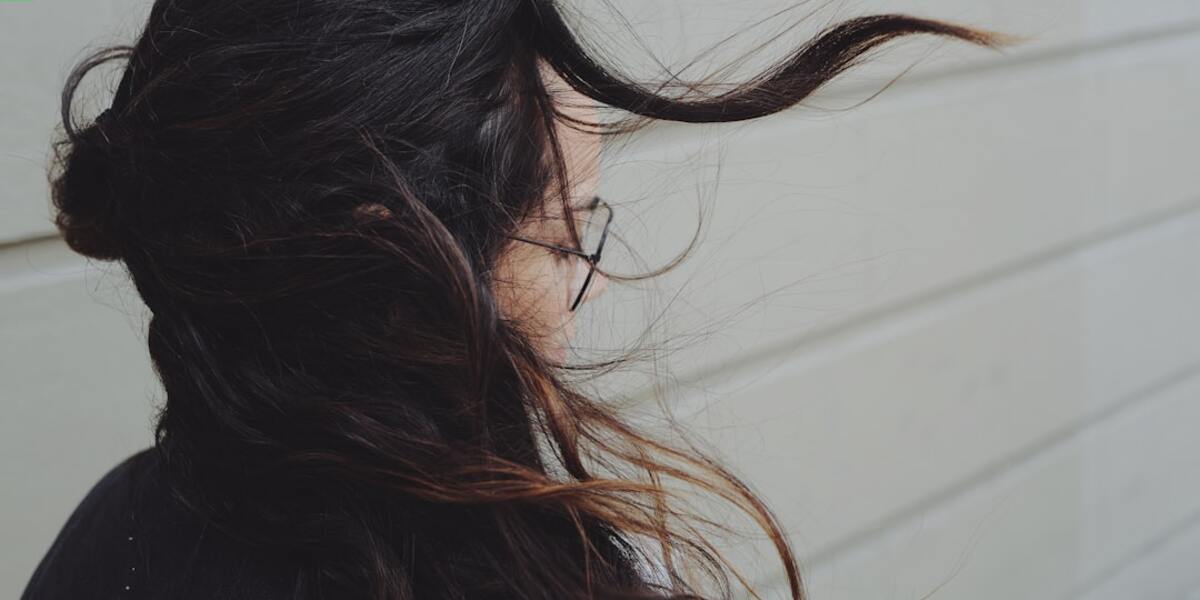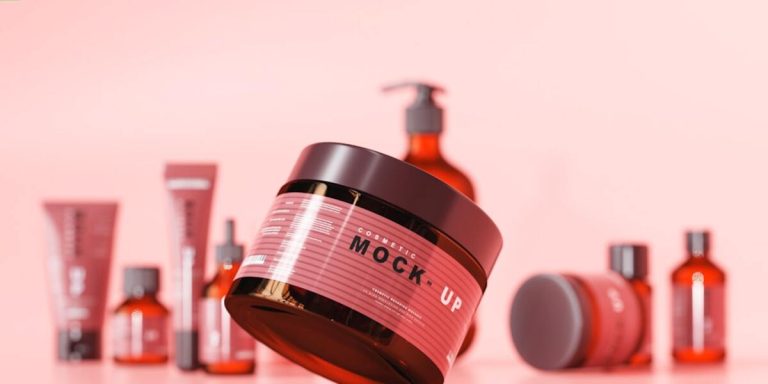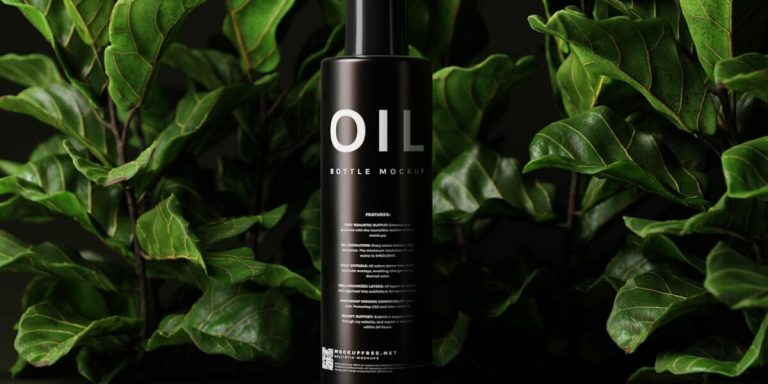Can Long Hair Affect Your Health? Exploring the Facts and Misconceptions
Can long hair affect your health?
“Can long hair affect your health?” might sound like an old wives’ tale or folklore. However, long hair indeed impacts well-being in several ways—some positive and others negative. This topic combines fashion choices with physical health, creating a captivating area to explore.
Exploring this topic helps us debunk common myths about long hair and its effects on our health. We uncover truths based on scientific studies and consider personal stories from individuals worldwide who have long, luxurious hair.
Did you know?
Contrary to popular belief, long hair doesn’t drain nutrients from the body. The idea that your locks leech resources is a myth; in reality, once hair grows out of your scalp it’s no longer alive and has no biological interactions with your system.
The Impact of Long Hair on Scalp Health
Long hair significantly impacts scalp health, offering both benefits and challenges. Undeniably aesthetic, long, flowing locks often serve as an individual’s signature look. However, maintaining this hair type demands a consistent commitment to scalp well-being.
Long strands offer increased coverage for your scalp against harmful UV rays from prolonged sun exposure. They serve as natural protection and improve your overall hair health. This is especially beneficial in 2023’s climate conditions, where intense sunlight can damage our skin and scalps if it hits them directly.
Signs Long Tresses May Be Damaging Your Scalp
Can long hair affect your health?
To answer this, let’s look at signs that long hair may be causing damage. Understanding these can help you create a better environment for your scalp and hair without necessarily cutting it short.
1. Increased Itchiness: If your scalp seems unrelentingly itchier than ever, don’t shrug this symptom away assuming dry weather or shampoo changes are solely at blame. Long hair can trap in heat and moisture creating a breeding ground for yeast infections on your scalp leading to excessive itching.
Have you ever noticed dandruff becomes more prominent as your hair grows longer? A correlation might exist. Longer hair creates a moist environment and requires longer drying times post-wash, which could worsen flaky conditions like seborrheic dermatitis, commonly known as dandruff.
3. Hair Thinning or Loss: A sudden increase in finding loose hairs on clothes might signify imminent damage from longer strains pulling down constantly – contributing eventually towards traction alopecia if not addressed timely.
4. Soreness & Headaches: Your lustrous mane flowing along back while being visually appealing can actually serve as substantial weight overtime – triggering discomforting sore spots or tension-style headaches around neck area as well forehead region due drawn-out high-bun styles.
Balancing Hair Length and Scalp Nourishment
Maintaining a balance between hair length and scalp nourishment is essential. It might often leave you wondering, “can long hair affect your health?” In fact, the answer leans towards an affirmative response.
Long hair may indeed inflict some effects on not just your overall physical appearance but also on your scalp’s health. While it can provide stunning looks and give a fuller volume to hairstyles, its weight can strain the roots leading to potential issues like breakage or even damage at times.
Provide optimal care for both the scalp and lengthy locks to prevent harmful results. Ensure that necessary elements reach from the root of each strand down into every follicle in your skin pores, especially when managing longer manes.
1) Regular Scalp Massage: Massaging promotes blood circulation under those thick tresses which may be hindered due to long strands’ blocking coverage against direct access points onto scalps often causing dryness or itchiness.
Deep condition your hair regularly to replenish nutrients, especially if you have longer strands. The older cells at your hair’s ends are more exposed to the environment and can become brittle without proper care. Use today’s available deep conditioning treatments to maintain healthy hair and prevent unwanted side effects like brittle ends.
How Extended Hair Length Influences Neck and Back Well-being
Having extra-long, cascading hair can be a stunning style statement. Yet many individuals remain unaware of the potential health effects related to maintaining such extended tresses. One area that long-haired individuals should pay close attention to is neck and back well-being.
Fashion trends now favor lengthy locks, emphasizing the importance of understanding their impact in 2023. As this hairstyle trend gains popularity, maintaining an appealing look and good physical health becomes crucial. Regular check-ins with chiropractors or medical professionals who specialize in bodily structure can help monitor and prevent any issues early on—prevention is always better than cure.
Keeping all this mind shows that indeed, beauty needn’t always come at a price—at least of pain—as we maintain our beloved styles carefully balanced by necessary knowledge concerning them!
Understanding the Weight: Is Your Hairstyle Causing Strain?
The adage, “beauty is pain,” might hold more truth than you think – especially when it comes to your hair. Could your gorgeous long locks be causing unseen strain on your neck and back? It’s a question that hides in plain sight: can long hair affect your health?
It may seem like an odd correlation at first glance, but the length and weight of one’s hairstyle indeed play considerable roles in overall physical well-being.
Imagine carrying around extra weight every day without realizing its impact. This happens to women and men with long hairstyles; each inch adds weight! A research study highlighted that scalp hair, weighing up to 370 grams collectively, can significantly increase muscle tension and lead to discomforting headaches.
Your posture suffers too! The human body instinctively strives for equilibrium by altering spinal alignment if there’s excessive top-heaviness— Resultantly, individuals unknowingly develop poor postural habits which progressively influence their lower back health adversely.
Fortunately mitigating such issues isn’t complex science—it merely demands slight adjustments:
1) Switch styles frequently: Opting variations between loose-open style some days while braiding others tempers persistent stress diffusing impacts better.
Posture and Pain: Connecting Hair Weight to Spinal Alignment
Having longer hair can be an elegant style statement, but did you know that it could potentially affect your health? Let’s delve into how the weight of extended tresses can influence spinal alignment and cause neck or back discomfort.
Consider that human hair typically grows at an average rate of about 1.25 centimeters per month, with every additional inch of length adding grams to the overall hair weight. Though it may not seem significant on its own, the collective impact over time is noteworthy.
As your hair grows longer and heavier, maintaining proper posture becomes increasingly challenging. You have less wiggle room for slouching because the weight of your hair pulls on your head all day long. The stress accumulates in supporting muscles and may eventually cause noticeable pain or discomfort in your neck or back area.
Longer hairstyles require more maintenance – brushing, washing, drying routines often involve bending forward for prolonged periods leading to development of poor standing habits contributing indirectly towards potential postural issues affecting spinal-cord alignment negatively!
The key takeaway isn’t necessarily to chop off all those precious lengths. Understanding these hidden implications and taking small corrective measures can help alleviate undue muscle burden. Regular stretching exercises that focus on the neck and shoulder region promote better skeletal well-being.
Managing Hygiene Challenges with Longer Locks
Maintaining long locks presents unique hygiene challenges that need mindful attention. Unmanaged long hair can affect your overall health in undesired ways. This fact is not to scare or demotivate those with beautiful flowing tresses, but an alarm for better grooming practices.
Keeping long hair healthy and clean requires you to combat increased exposure to external environmental elements. Modern lifestyles expose hair to dust, smoke, and pollutants that trap within the strands. This exposure can cause scalp itchiness, leading to dandruff or other scalp diseases if unaddressed.
Managing moisture is also crucial for avoiding health issues linked to long hair. People with long hair tend to have wet hair for longer periods after showering, which promotes fungal growth. This may result in problems like a mildew smell or more serious conditions such as ringworm infections.
In conclusion, maintain excellent hygiene standards and sport enviable hair comfortably by addressing trapped impurities and controlling excess moisture. Achieve this through diligent, consistent cleaning routines with products that nurture a healthier scalp and ensure shiny, damage-free hair. Ultimately, don’t let beauty compromise your well-being!
Tackling Sweat and Irritation Underneath Thick Manes
Long, thick hair adds an aesthetic appeal to your persona and can be a style statement for many. However, it also poses certain hygienic challenges, such as sweat accumulation and scalp irritation. Can long hair affect your health? The answer is yes.
When you have longer locks, it becomes crucial to manage their hygiene meticulously because any negligence could lead to complications such as unhealthy scalp conditions and even infections in some cases. Hair Health should never be compromised due to length or thickness of hair strands.
People with long hair face a significant sweat problem, more so than those with short hairstyles. Sweat accumulates under these dense locks and creates unwelcome wetness around the neck area. This feels uncomfortable and can attract dust particles, potentially leading to unsanitary conditions if not addressed quickly.
The issue becomes more prominent in the summer heat when you naturally sweat more or while performing high-intensity physical activities that lead to profuse perspiration. To effectively address this challenge:
1) Regularly wash: Washing hair on alternate days helps keep them fresh by getting rid of accumulated oils along with preventing bacterial growth stemmed out from excessive moisture content.
2) Use light conditioner: A light-weight conditioner will help prevent tangling without weighing down your locks unnecessarily hence reducing prospective areas where sweat might amass.
3) Air-Dry whenever possible: This practice champions natural circulation illuminating damp spots often unseen but present adding onto freshness overall.
Effective Routines for Keeping Long Hair Clean and Healthy
Keeping long hair both clean and healthy can indeed be a challenging task. It’s not just about style or personality, but also significantly associated with your health. But don’t worry, we have compiled some effective routines that will help you manage hygiene challenges effectively.
To start off, let’s debunk the question – “Can long hair affect your health?”. The simple answer is – Yes! However, it entirely depends on how well you take care of it.
Hair attracts dust particles from the environment which can lead to allergenic reactions if not cleaned adequately.
Secondly invest in high-quality conditioners & leave-in treatments: Long hairs need extra nourishment due to their length makes them vulnerable towards dryness thus leading split ends-hence investing right products matter lot!
Conclusion
Various factors may influence your health, but the length of your hair likely has no significant impact. The belief that “long hair can affect your health” is based more on myth and legend than scientific fact. Regardless of hair length, maintaining good hygiene is paramount to overall hair health.
Explore ‘Hair Health‘ on our website! We provide numerous articles offering practical advice and deep insights to transform your hair care approach. Dive into this topic or discover others – we’re just a click away, always ready with interesting reads on all things Hair Health.







